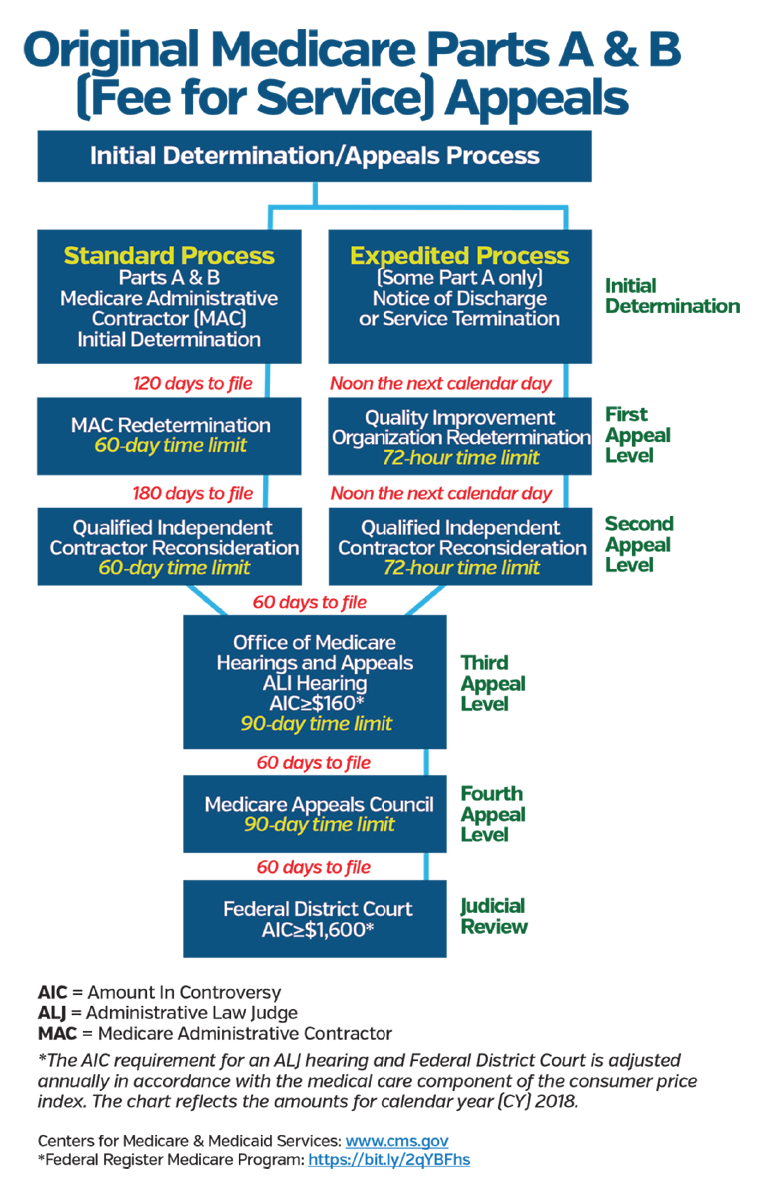The national improper payment rate is calculated based on a stratified random sample of Medicare fee-for-service claims. The claims are reviewed, documentation is collected and reviewed, and ultimately, the national improper payment rate is calculated based on the percentage of the claims reviewed that were improperly paid.
Zone Program Integrity Contractors (ZPICs)
Of all the CMS claim review contractors, ZPICs present a particular set of danger to the unsuspecting provider. The ZPICs focus primarily on fraud and abuse, meaning they concentrate on uncovering overpayments resulting from intentional deviations from normal billing practices. Therefore, if a provider receives a ZPIC audit request, it’s because the provider is the subject of a fraud investigation, or the ZPIC is investigating to determine if a fraud investigation should be opened.
Because the CMS has tasked ZPICs with uncovering fraud, the CMS has granted ZPICs broader powers than other Medicare contractors. ZPICs do not have a look-back period, meaning ZPICs do not have to limit their review of claims to recent years. ZPICs also have unlimited document requests and can conduct on-site visits to interview providers, beneficiaries and employees.
If the ZPIC finds billing errors or any other irregularities that resulted in an overpayment, the matter will be referred to the MAC for an overpayment recoupment or implementation of a prepayment review. On the other hand, if the investigation uncovers the possibility of fraud it will then become a case, in which the investigation will be closed and the case referred to the OIG and the U.S. Department of Justice.

Responding to an Audit
Whether from Medicare or a third-party payer, any audit letter/request must be taken seriously. Sometimes, it may be a postpayment review or an educational notice, but regardless of whom the payer may be or what they state in the letter, all inquiries should be discussed with all providers, practice administrator(s) and coding/billing staff. Second, evaluate the stated reason for the audit, take careful note of how many charts and what other documentation is requested for review and make sure to record the deadline to provide the requested information.
The provider or practice manager should determine the point person responsible to complete the payer request and gather all information. Prepare to provide the materials, which may include medical records, invoices for drugs and supplies, and any other reference materials. Do not rush the process, but make sure to meet the payer deadlines. Too often, employees rush to get the information out to the payer and miss something, which can be costly to the practice. Also, do not send original forms or invoices—only copies should be sent to the payer unless they specify otherwise in the request. Hiring an outside auditor or having the ACR auditors review a sample of claims can be beneficial, since they are trained to spot any potential issues and can provide the appropriate next steps.

